We used 1000 Families data from Wave 1 as a part of an analysis of a scale for measuring the positive impact of a child with disability on parents (the Positive Gains Scale). Much of disability family research focuses on the negative impact of caring for a child with learning and/or developmental disabilities, which can highlight challenges for families and allow us to identify and support families experiencing difficulties. However, only looking at the negative impact does not allow for a broader view of families, and so there is growing interest within disability family research on positive perceptions and experiences. To be able to look at these positive perceptions, we need measures and questions to explicitly ask about families’ positive experiences.
The Positive Gains Scale is a seven-item measure originally developed to assess parental perceptions of raising a child with a disability. It has been used in research of families with developmental disabilities, autism, intellectual disability, and a range of rare genetic syndromes, as well as physical health conditions such as asthma. However, often in research we use measures across families of children with or without different disabilities in order to compare groups. To be able to do this, we need to know whether the scale is used in a similar way across groups, or whether similar measurement properties of the scale are present. This involves looking at the measurement invariance, or consistency in measurement properties across groups, and is part of what we looked at in this study.
We looked at measurement invariance between 1219 mothers of children with developmental disabilities, 234 mothers of children with spina bifida/hydrocephalus, and 157 mothers of children without disabilities. We found that internal consistency, or how consistent the items of the scale are with one another and are measuring the same thing, was high across groups. However, although individual items of the scale functioned comparably across groups, the PGS total score did not. This means the PGS cannot be meaningfully used to compare outcomes between mothers of children with developmental disabilities and other mothers. This could be because parents interpret the questions differently because they have different experiences of parenting and raising a child across the groups.
The full paper is freely available to read here. If you have any questions about this study or would like further information, please contact us at [email protected].
Reference
Jess, M., Bailey, T., Pit-Ten Cate, I. M., Totsika, V., & Hastings, R. P. (2020). Measurement invariance of the Positive Gains Scale in families of children with and without disabilities. Research in Developmental Disabilities, 103, 103662.






